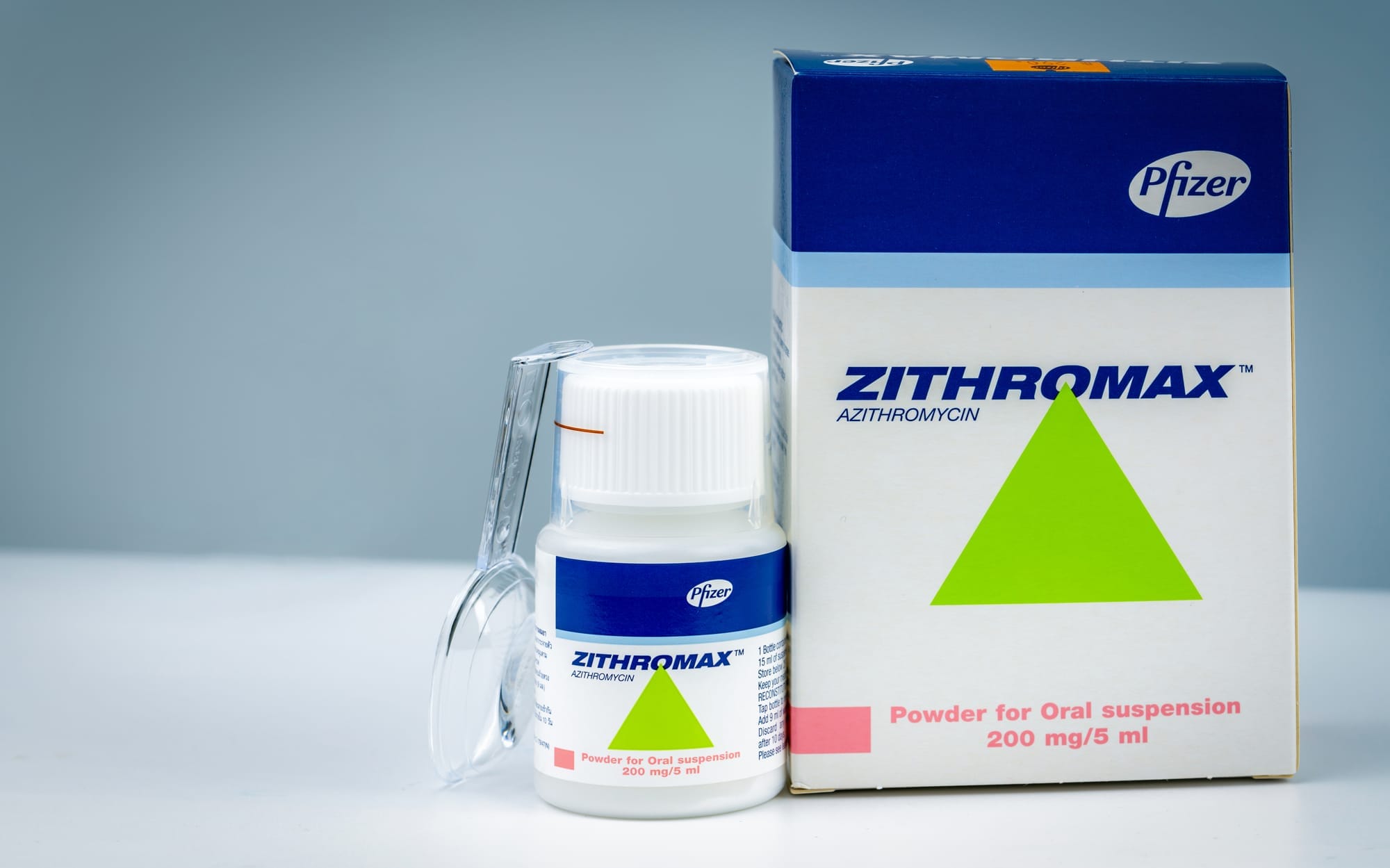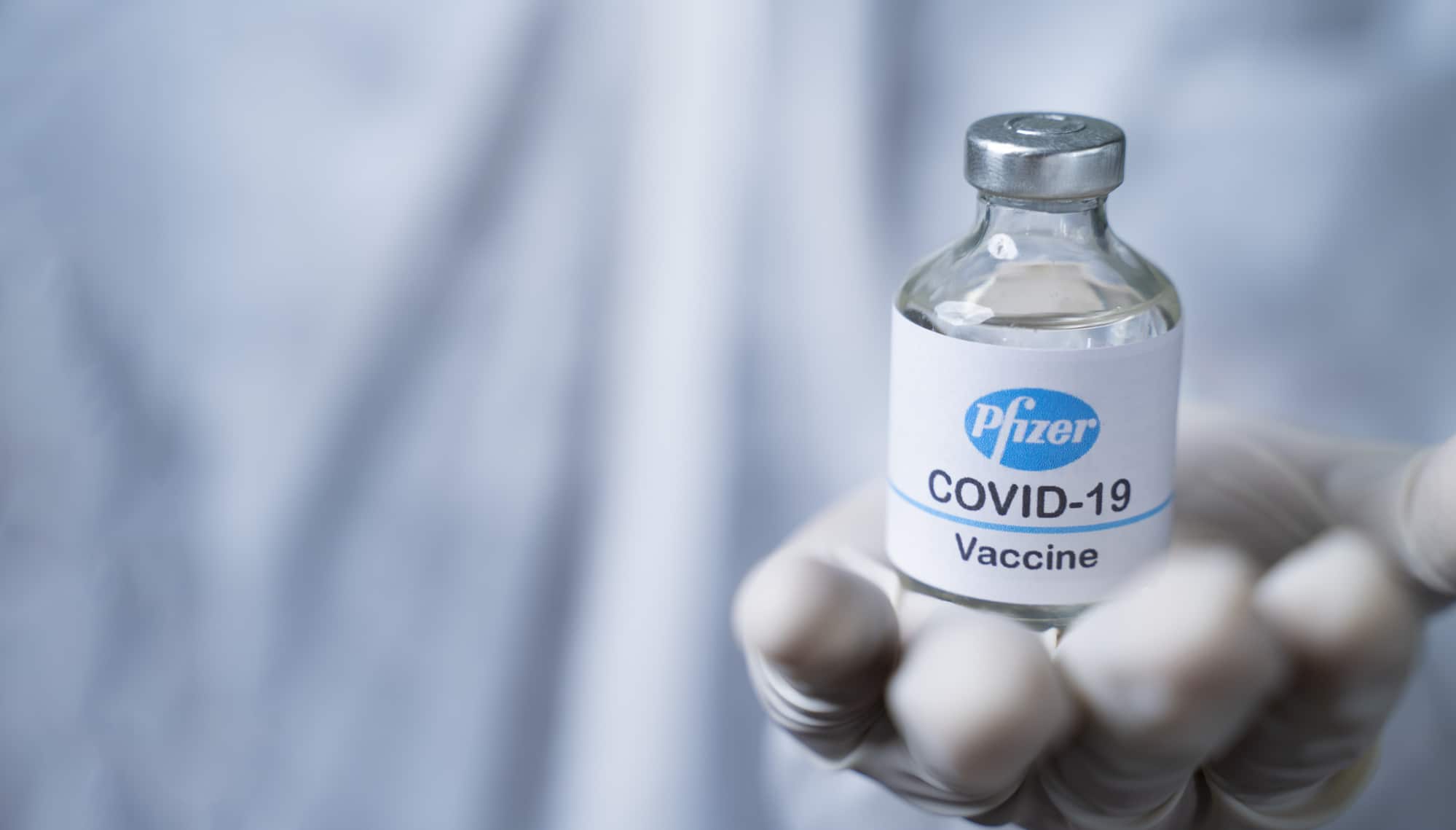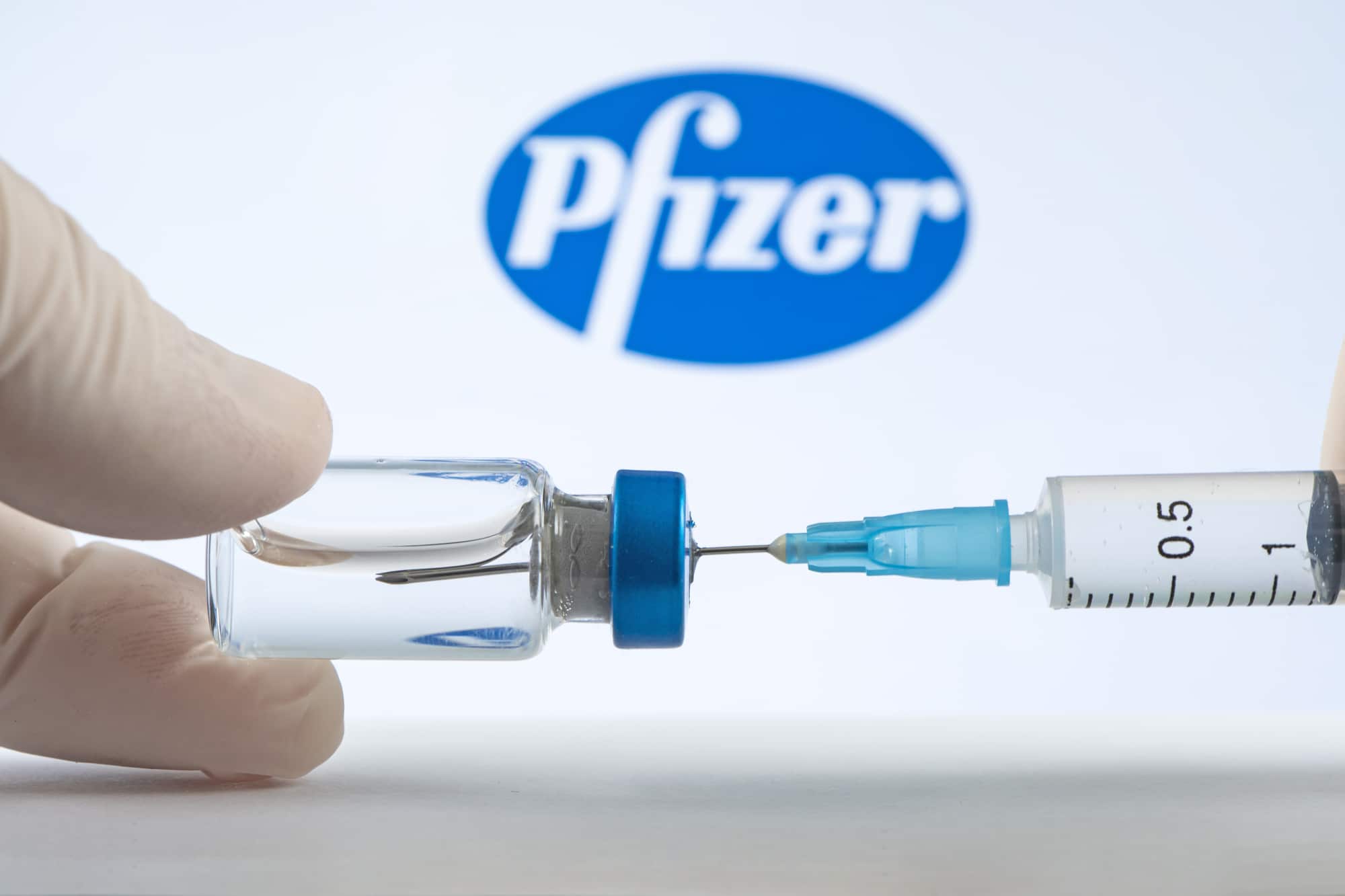Pfizer Inc. is engaged in the discovery, development, and manufacturing of healthcare products. It specializes in medicines, vaccines, and consumer healthcare. Today, the shareholder-owned company operates in 180 countries, employing over 96,000 people worldwide.
The pharmaceutical giant is currently ranked 64th in Fortune 500 rankings. It has a market value of $203 million as of January 2021. In the last fiscal year, it found significant efficiencies in its operations which caused a 46% surge in profits. This Pfizer SWOT analysis highlights the company’s strengths and weaknesses, as well as its potential opportunities and threats.
Strengths
Market leadership. Pfizer is the 49th largest public company in the world and was the second-largest pharmaceutical company by revenue in 2020. It generates sales worth around $50 billion annually. As of February 2021, it has a market capitalization of $194 billion.
Research and development. Pfizer spends close to $8 billion annually on research and development, a leading amount in the industry. The company specializes in the development of vaccines and medicines across a wide range of medical fields. These include immunology, oncology, cardiology, and neurology.

Historical background. Pfizer first began in 1849, when two German-American entrepreneurs first started the company as a fine chemicals business. Today, with over 170 years of experience under the organization’s belt, it has evolved from a one-stop shop to a multinational corporation.
Brand recognition. Pfizer is the manufacturer and marketer of many brands and products that are well-known all over the world. These include Advil, Viagra, Xanax, EpiPen, and Nexium24HR, to name a few.
COVID-19 response. Pfizer's work in developing and mass-producing a vaccine for the COVID-19 virus is unparalleled. Analysts have noted that this is the fastest a vaccine has ever been approved, rolled out, and mass-administered to the public. This is also the fastest response to a pandemic in recent history.
Weaknesses
Drug lawsuits. Pfizer has faced thousands of lawsuits, mainly filed for medical injuries allegedly caused by some of its more popular products. It holds the record for the largest fine paid for a healthcare fraud lawsuit. The court ordered Pfizer to pay $2.3 billion in fines, penalties, and settlements for illegal marketing claims.
Vaccine supply issues. Pfizer failed to meet delivery quotas for the initial doses of the coronavirus vaccine at the end of 2020. This has prompted Congress to scrutinize its plans for vaccine development and delivery. They have also noted that Pfizer benefited from billions of dollars in federal funding to mass-produce the vaccine immediately upon approval.

Opportunities
Coronavirus vaccine development. In response to the pandemic, Pfizer partnered with BioNTech in April 2020 to develop a vaccine for COVID-19. In December 2020, the two companies received the world's first temporary authorization in the U.K. for their vaccine, BNT162b2. A week later, the FDA issued the authorization that granted distribution of the vaccine in the U.S.
Vaccine approval. The World Health Organization's Strategic Group of Experts on Immunizations (SAGE) has issued its policy recommendations for the roll-out of the Pfizer-BioNTech COVID-19 mRNA vaccine. SAGE has confirmed that the vaccine is safe and effective.
Vaccine effectivity. Hospitals in the U.K. have gathered real-world evidence which seems to show that a single dose of the Pfizer vaccine gives a four-fold reduction in the number of asymptomatic COVID-19 infections. The University of Cambridge and the Cambridge University Hospitals NHS Foundation Trust led the study, which is currently awaiting peer review.
New merger. Pfizer's recent transaction which combined its Upjohn division with Mylan M.V. which combined its Upjohn division with Mylan M.V. resulted in a loss of diversification for the company. However, this may lead to a more narrowly focused Pfizer in the long run. The separation of the relatively slower-growing Upjohn business makes way for stronger growth in advancing the pipeline of new drug candidates.

Threats
Revenue erosion. Pfizer's revenues dropped after the expiration of one of its more lucrative patents for its blockbuster product Lyrica, a drug for fibromyalgia. The FDA approved generic versions of the drug to nine different companies. Lyrica sales plummeted as expected when these generic versions entered the market. This also led to the company dropping a few spots in Fortune 500 global rankings.
Vaccine patent infringement allegations. Allele Biotechnology and Pharmaceuticals filed a copyright infringement lawsuit against Pfizer and BioNTech in late 2020. The company claims that Pfizer and BioNTech's development and testing of their vaccine candidate was made possible only through Allele's mNeonGreen fluorescent protein. However, according to the complaint, the partners never reached out for a license.
Allergy trigger. Severe allergy-like reactions were observed in people receiving the COVID-19 vaccine produced by Pfizer and BioNTech. The vaccine contains the compound polyethylene glycol (PEG). This has never been used before in an approved vaccine. However, PEG is found in many drugs that have occasionally triggered anaphylaxis.
Unprecedented demand for vaccines. Pfizer faces a moral dilemma today in deciding where their vaccine doses will go. Pfizer executives are making choices that no pharmaceutical executive would normally have to make. Government policy is a significant factor here. However, to some degree, vaccine manufacturers like Pfizer have the power to determine which countries will receive their vaccines first.
Pfizer SWOT Analysis: Conclusion
Former number one company Pfizer dropped in rank in the list of top ten pharma companies globally, slipping to second place behind Roche in 2020. The company has had some costly patent expirations in the past year that have dealt a blow to its revenues. However, its strong profit growth is a good indicator that its operations efficiencies are paying off.
Its work in developing and manufacturing a COVID-19 vaccine is also a major factor in determining the company’s performance in the last year. While it has had its share of production issues, Pfizer’s response to the pandemic has been unprecedented in its speed. With Pfizer’s claim to fame as the first company with an FDA-authorized vaccine, it remains to be seen how the vaccine’s effectiveness will tip the scales for Pfizer in the coming year.
If you are interested in improving your knowledge in business as well as sharpening your problem-solving skills, have a look at our other SWOT analysis samples. Check out our SWOT analysis templates and our how-to guide to learn more about SWOT analysis and how it can help your organization.










